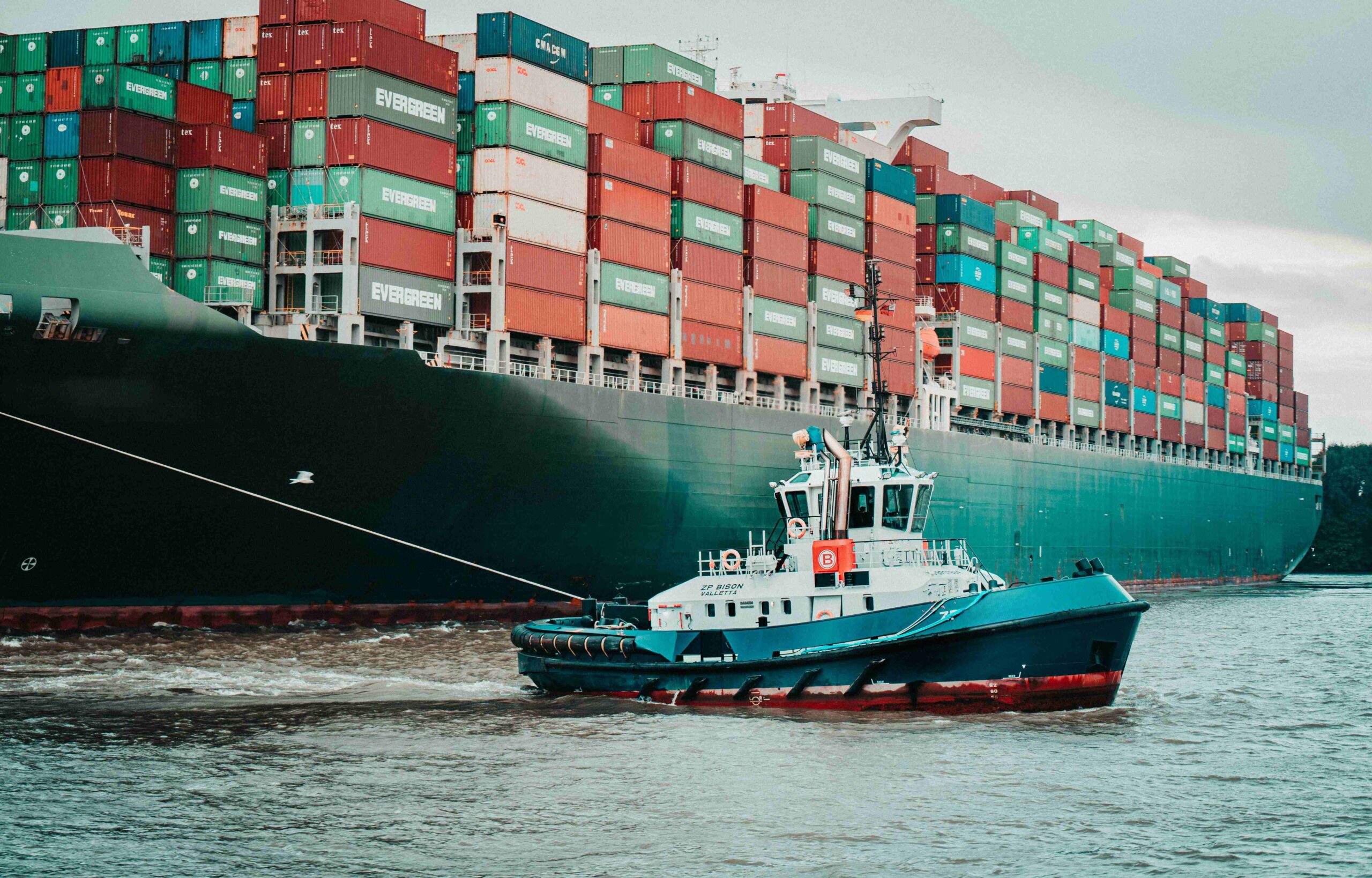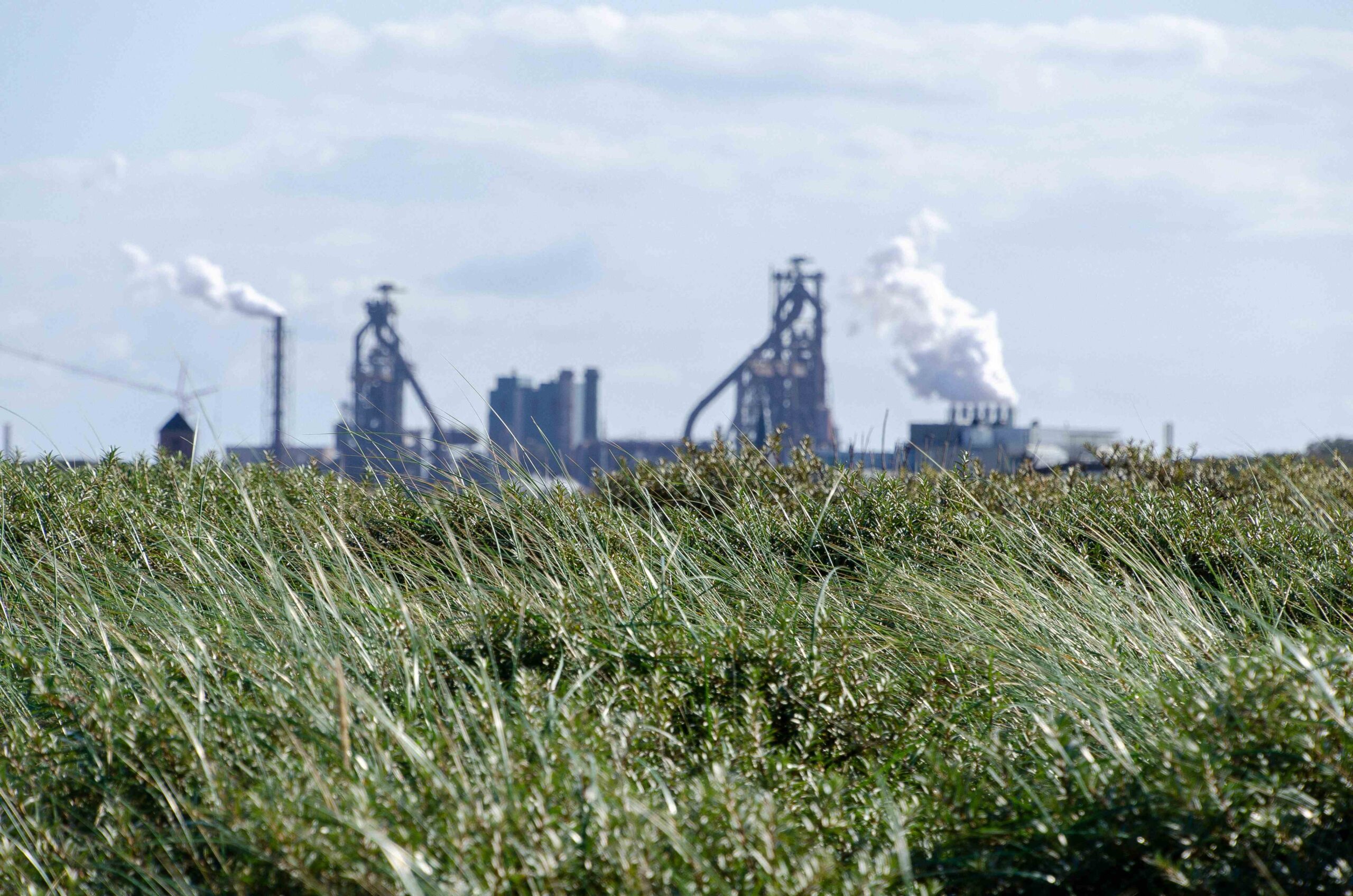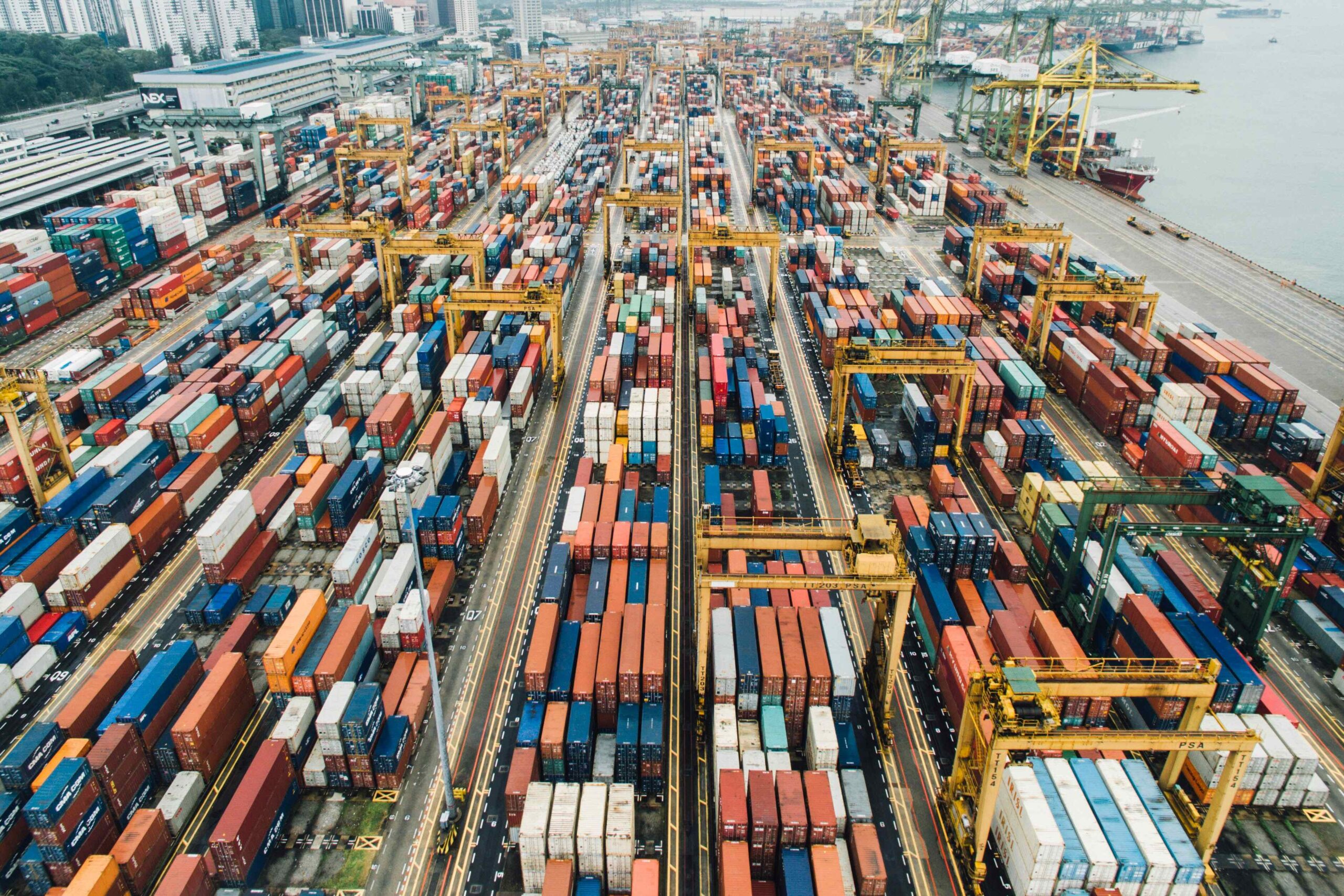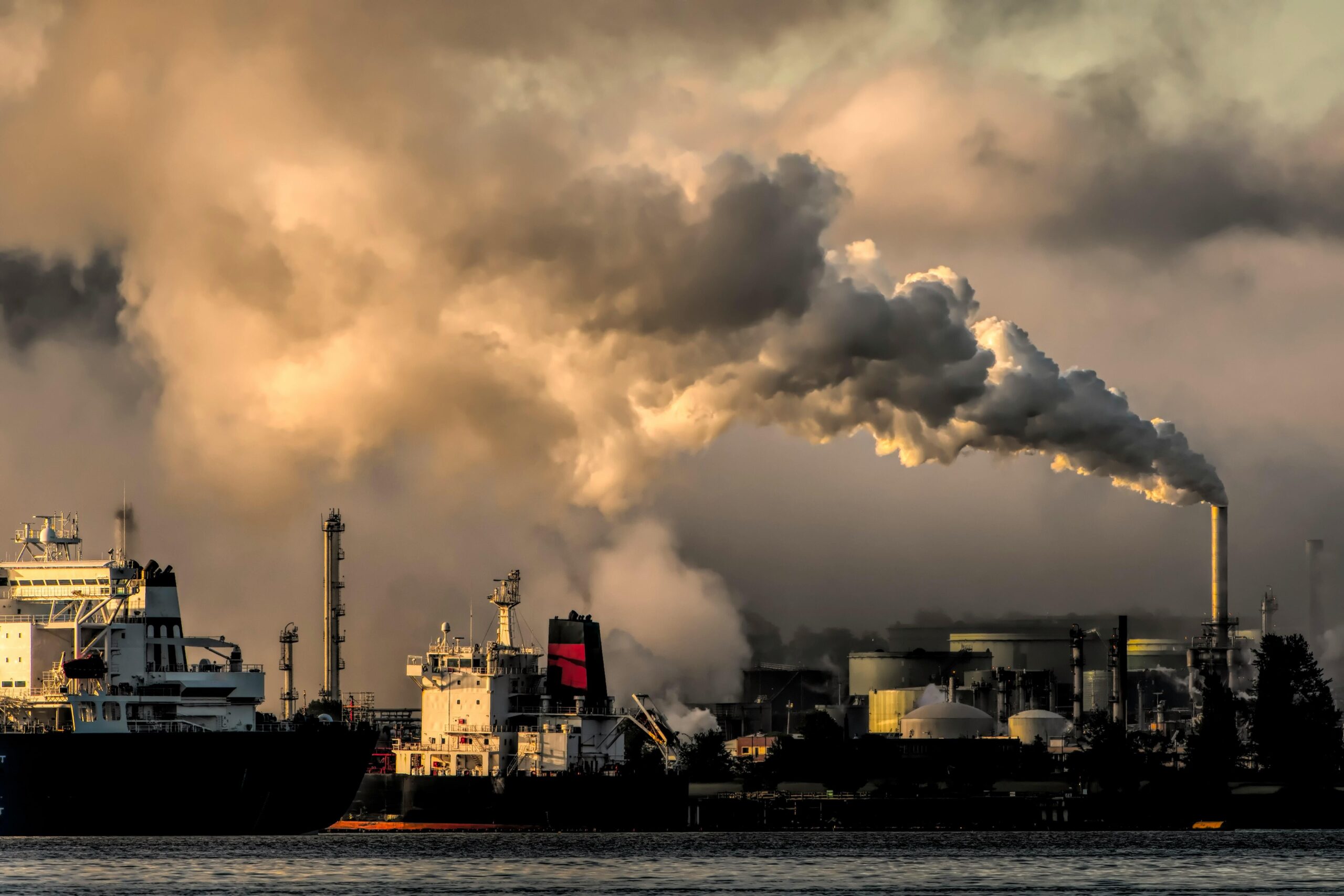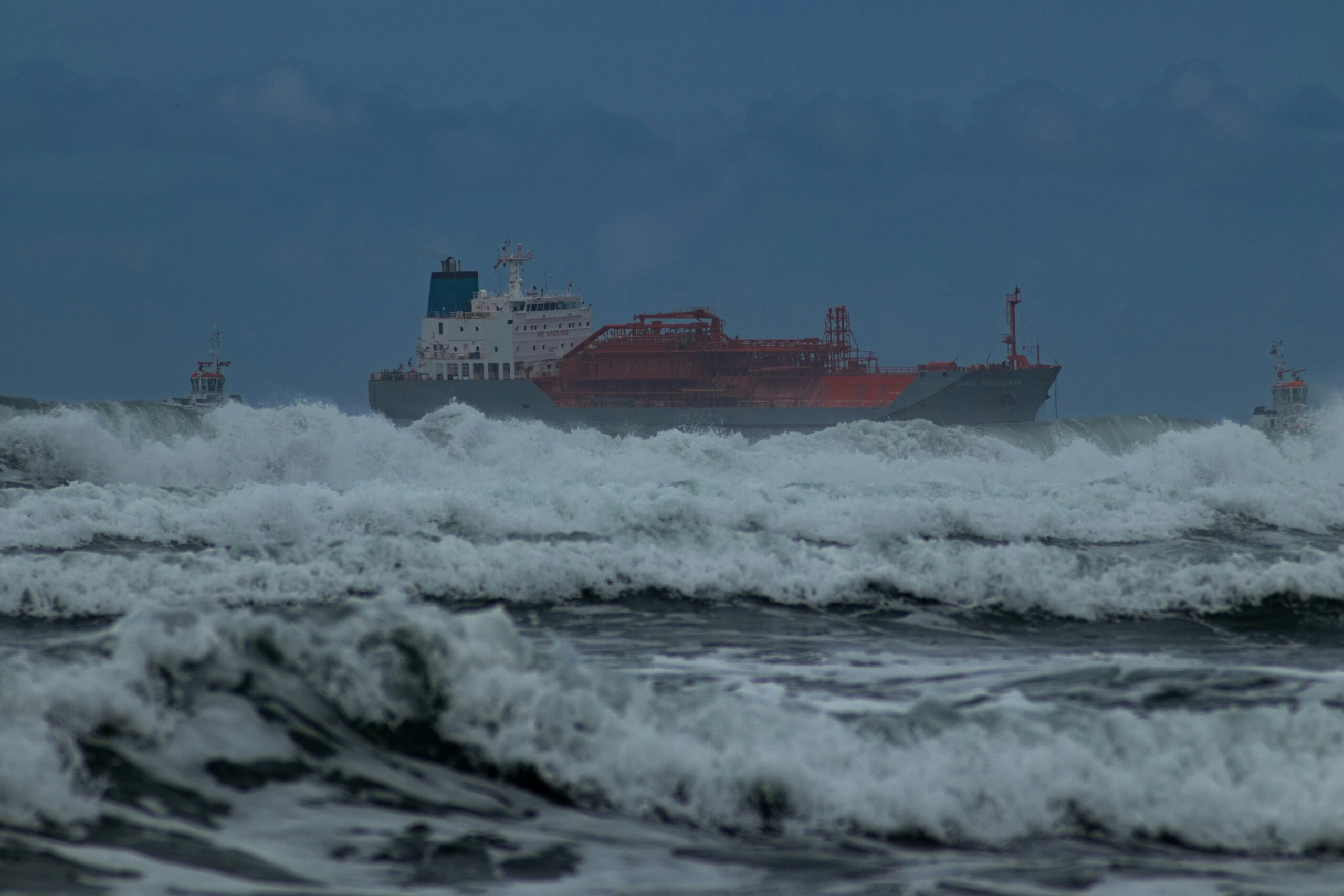The Science Behind Bunker Fuel Emissions and Their Impact on Marine Air Quality
The global shipping industry plays an essential role in transporting goods across vast distances. However, this massive sector, which accounts for over 80% of global trade by volume, is also a significant contributor to air pollution. A key factor in this pollution is
Future Outlook: The Next Decade of Bunker Fuel Innovations
As the maritime industry continues to evolve, innovations in bunker fuels are poised to play a crucial role in shaping the future of global shipping. Over the next decade, advancements in technology, regulatory frameworks, and sustainability initiatives will drive significant changes in the
Regulatory Impact on Bunker Fuel Refinery Operations
Bunker fuel refinery operations are profoundly shaped by regulatory frameworks aimed at maintaining environmental standards, ensuring fuel quality, and reducing emissions. This article explores the influence of these regulations on bunker fuel refineries, examining their operational implications, the compliance challenges they pose, and
Impact of Global Trade Policies on Bunker Fuel Supply Chains
Introduction Bunker fuel, essential for powering the global shipping industry, has its supply chains intricately linked to international trade policies. These policies can have profound effects on the availability, pricing, and distribution of bunker fuels. This article delves into the various ways global
Challenges in Implementing Low-Sulfur Fuel Mandates
The maritime industry is undergoing a significant transformation as it strives to comply with stringent low-sulfur fuel mandates aimed at reducing air pollution and improving environmental sustainability. These mandates, primarily driven by the International Maritime Organization (IMO) and regional regulations, require ships to
Sustainability Certifications for Bunker Fuel Suppliers
In the maritime industry, sustainability certifications for bunker fuel suppliers are becoming increasingly critical as stakeholders prioritize environmental responsibility and regulatory compliance. This article explores the significance of sustainability certifications, their impact on the industry, the certification process, and the benefits they offer
The Role of the International Maritime Organization (IMO) in Bunker Fuel Regulation
The International Maritime Organization (IMO) plays a critical role in regulating bunker fuel to ensure environmental sustainability, safety, and operational efficiency in the maritime industry. As a specialized United Nations agency, the IMO develops and enforces global standards to minimize the environmental impact
Global Bunker Fuel Market Trends and Forecasts
The global bunker fuel market, crucial for maritime operations, is undergoing profound transformations due to evolving environmental regulations, technological advancements, and economic shifts. For shipping companies, understanding these trends and projecting future developments is essential for strategic planning and operational success. This article
Impact of Climate Change Policies on Bunker Fuel Industry
In recent years, global efforts to combat climate change have intensified, leading to significant regulatory changes and policy shifts across industries reliant on fossil fuels. The bunker fuel industry, crucial for powering maritime transportation, faces distinct challenges and opportunities as governments worldwide implement
Fuel Bunkering Operations: Safeguarding Safety and Enhancing Efficiency
Fuel bunkering operations play a crucial role in maritime industries by ensuring vessels are efficiently and safely fueled for their journeys. This comprehensive exploration delves into the fundamental aspects of fuel bunkering, emphasizing safety protocols and efficiency measures essential for these operations. Understanding


